The Top 10 Benefits of Retail ERP
Many companies use Enterprise Resource Planning (ERP) software to streamline and manage their business operations, from manufacturers, to healthcare providers, and myriads of other industries.
The software is specifically designed to manage the day-to-day business activities that are integral to most companies. These would include managing supply chain operations, accounting, and order fulfilment.
ERP gives these businesses the ability to manage all their resources in the most cost-effective and simple way possible. Which explains its wide adoption in the marketplace.
Typically, ERP solutions incorporate various interconnected models to serve the specific needs of various industries. Many of these modules aren't used by retailers. Which is why vendors have started to provide customised ERP systems specifically geared towards the retail industry.
These systems are called Retail ERP. This is software that is tailored to handle all the business functions that are essential to the retail industry.
In this article, we will specifically discuss the top 10 benefits to your business from switching to Retail ERP.
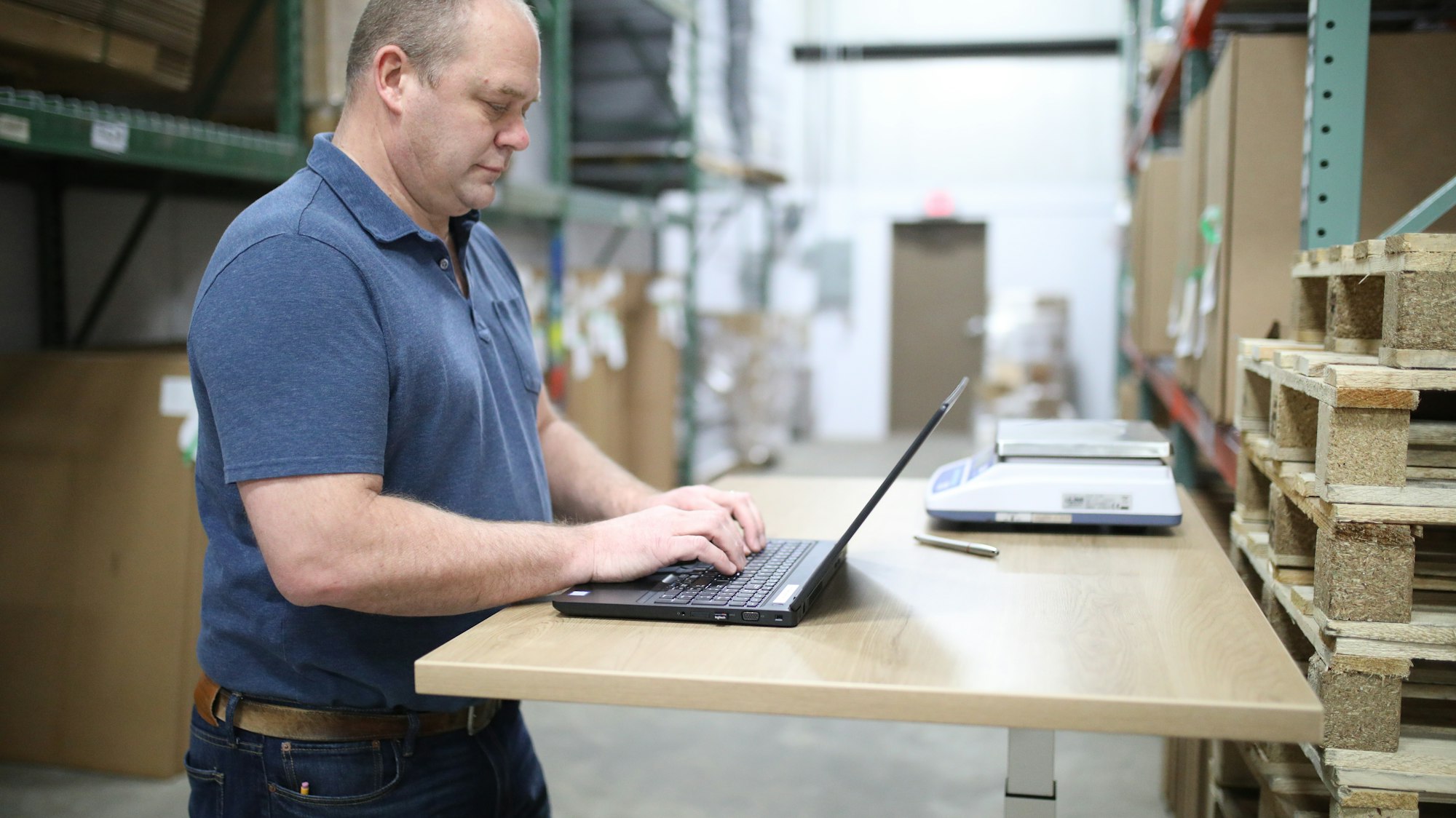
1. Automate your retail workflows
The modern trend in retail is to provide a consistent brand experience to your customers across sales channels. So whether they shop online or enter one of your physical stores, they expect the company to know who they are and take their shopping history into account.
Retail ERP makes this possible. The software is able to integrate all your sales channels into a unified, user-friendly interface. So whether an order is placed on your website, in store, over the phone, or through your mobile app, the same system processes all those orders.
The software will then automatically route those orders to the appropriate warehouse or supplier, inform all the relevant parties to the status of the order, and automate the entire fulfilment workflow.
The result is that you will be able to process more orders, more efficiently, in less time, at lower cost.
All the while, the system will be able to produce real-time reports that will give business insight into your sales and inventory turnover numbers. This data is integrated with integrated accounting services so that you will always know exactly what is going on in your company. This will allow you to make informed, data-based decisions.
Furthermore, the system will be able to leverage order and customer data to give each customer a personalised experience, regardless of the sales channel they use. This will strengthen customer relations and boost customer retention.
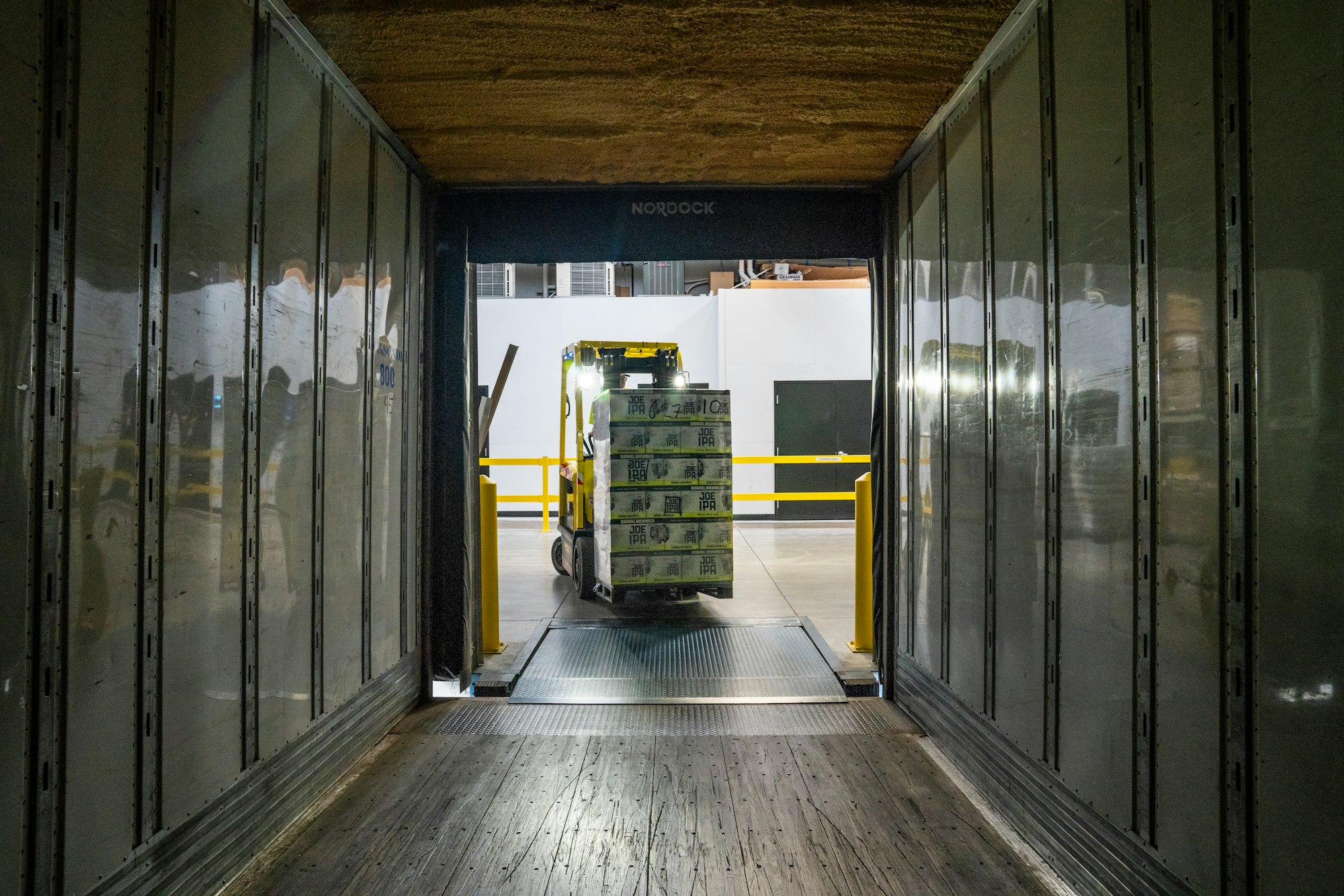
2. Manage inventory across locations
Retail ERP systems have integrated inventory management functionality. Which means that you will always have access to up-to-date inventory numbers that are updated as orders are processed from multiple sales channels.
The system will also be able to give you visibility into the inventory levels of each one of your warehouse and retail locations. You will also gain the ability to carry out cycle counts on a regular basis without much hassle.
When your team has access to accurate inventory figures that's updated in real time, they can make better decisions with regards to replenishing stock. They will also be able to boost inventory levels for your top sellers while lowering the stock numbers for those products that sell poorly. The system can also be customised to manage stock levels for bundled products, different sizes and variations, and other variants.
You can use a Retail ERP system to streamline your inventory management and automate inventory related workflows.
All of this activity can be represented in detailed, regularly produced, automated reports. Which will give you valuable business insight into your historic sales figures. This improves your decision-making process with regards to stock purchases. Which means that you will always have a product on hand to sell to customers.
In short, Retail ERP allows you to take control of your supply chain and give customers the best experience possible across all your sales channels.

3. Integrated warehouse management
Effective warehouse management is essential to keeping fulfilment costs down and reducing fulfilment errors.
Any good warehouse manager will tell you that the goal is always to move goods as swiftly in and out of your warehouse locations as possible. This improves stock rotation, prevents spoilage, and improves shipping times.
Many Retail ERP packages include advanced warehouse management features such as barcode scanning, automated inventory counts, and customizable workflows to process returned inventory.
The benefit of using Retail ERP rather than dedicated warehousing software, is that the system is perfectly integrated with the rest of your business.
Which means that your sales order system will never approve orders for which there isn't any stock in the warehouse. Inventory will also be managed across warehouse locations in real time so that you will know what is going on in your warehouses at all times.
The system also integrates your warehousing functions with the supplier management side of the business, customer service functions, as well as accounting services.
Which means you will be able to optimise and streamline your entire order management process. This will reduce shipping times, reduce fulfilment errors, and lower costs.
In short, Retail ERP is a major time saving tool that will allow you to actually focus on harnessing opportunities that will make your business grow.

Your business is unique — your software should be too. Let's talk about a system built around how you actually work.
Book a free consultation4. Multichannel order management
Today's customers have grown accustomed to omnichannel retail—which can be described as a frictionless shopping experience, regardless of the sales channel used.
Retail ERP makes omnichannel possible because the software manages all your sales from all your sales channels in a centralised hub. Since the system is integrated, all your orders can be tracked from one interface.
This allows you to provide a unified experience to your customers—whether they interact with your brand on your website, through your app, on social media, at a physical store, or over the phone. This makes it easy to build your brand image and improve customer relations.

5. Flexibility in your order fulfilment
As your retail business grows, you will want to provide flexibility in your order fulfilment to meet the expectations of your customers and stay ahead of the competition.
Which means you have to make several different order fulfilment options available to your customers. The Retail ERP software can be set up to support multiple fulfilment options, including unusual methods such as dropshipping, split orders, back orders, and partial fulfilment.
6. Integrated Accounting Services
Retail ERP offers integrated accounting modules, which means that your books are kept up to date as you run your business.
This is a powerful concept. You will always be kept up to date on the financial state of your business. This also makes it a simple matter to keep track of your supplier accounts, for example, when their invoices come due. When suppliers are paid accurately and on time, they will tend to favour your business.
Manual accounting input tends to lead to human errors such as duplicate invoicing—which can be detrimental to your cash flow.
When your financials are in order, it becomes a simple manner to evaluate your productivity business-wide to streamline your operations and improve your bottom line.
The system will also be able to work out the landed-cost of your different product lines which includes factors such as shipping costs, insurance, taxes and import duties.
This represents the true cost of your products and can be used to calculate more accurate sales margins. It will also help you to improve your budgeting and pricing strategies.
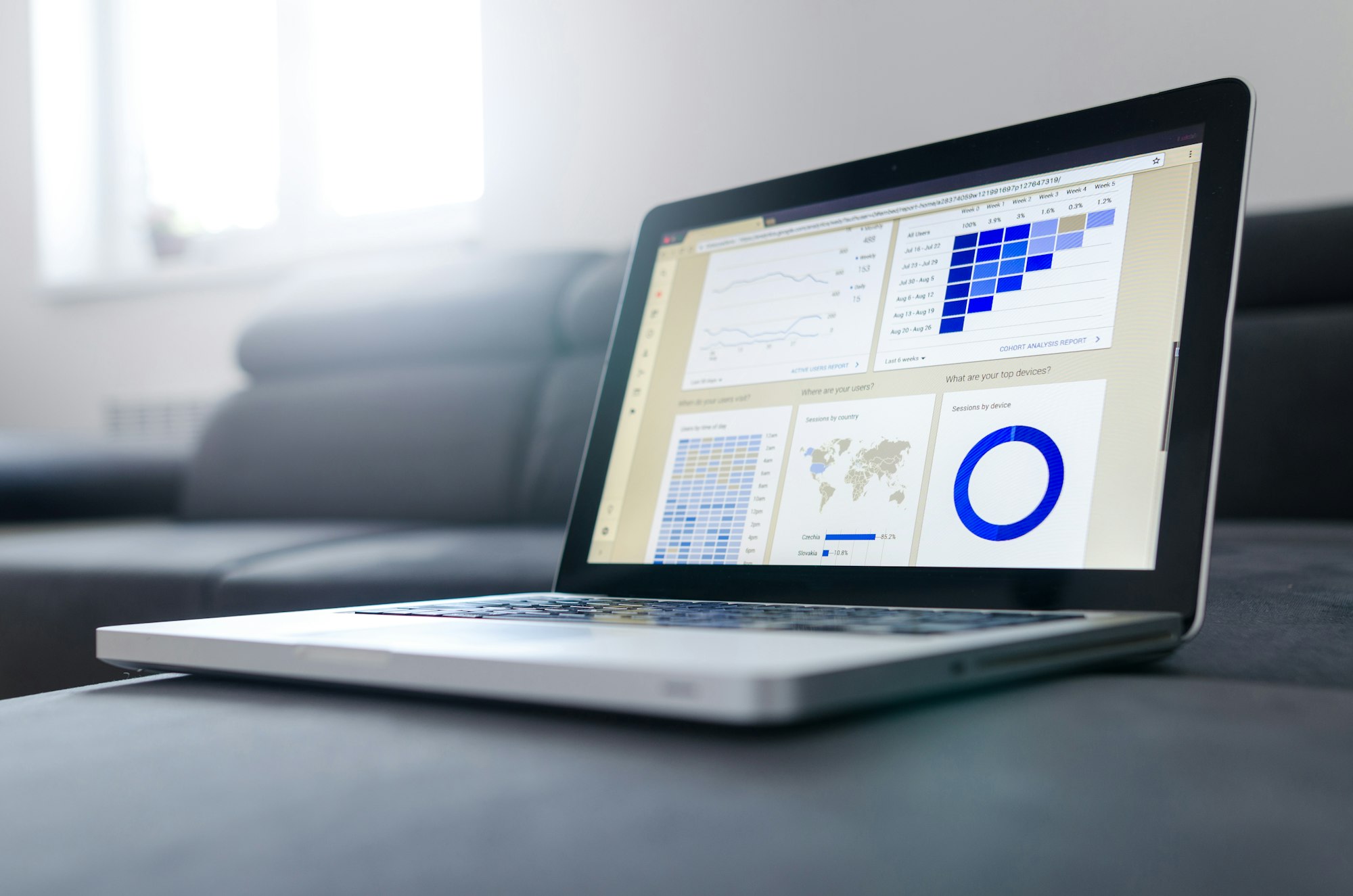
forecasting">7. Improved inventory and demand forecasting
Customers don't like to take no for an answer—especially in the digital marketplace. If they're unable to buy a product from your online store, they can easily turn to a competitor to meet their needs.
Which means you need to have the products available for sale that customers want at any particular moment. This requires accurate demand planning and inventory forecasting.
Retail ERP software is invaluable in this regard, since the software keeps track of all past sales trends, allowing for accurate demand forecasting. This is made possible by the system's centralised database that tracks sales and inventory figures across all your business units and channels on a continuous basis.
The software will also give you accurate, up-to-date inventory level information so that you are able to replenish your top-selling products before they sell out. Accurate sales and inventory data will also allow you to identify those products that don't sell well, so that they can be phased out.
In this way, you will stock up on inventory that sells well, ensuring that you always meet customer demand and keep up with market trends.
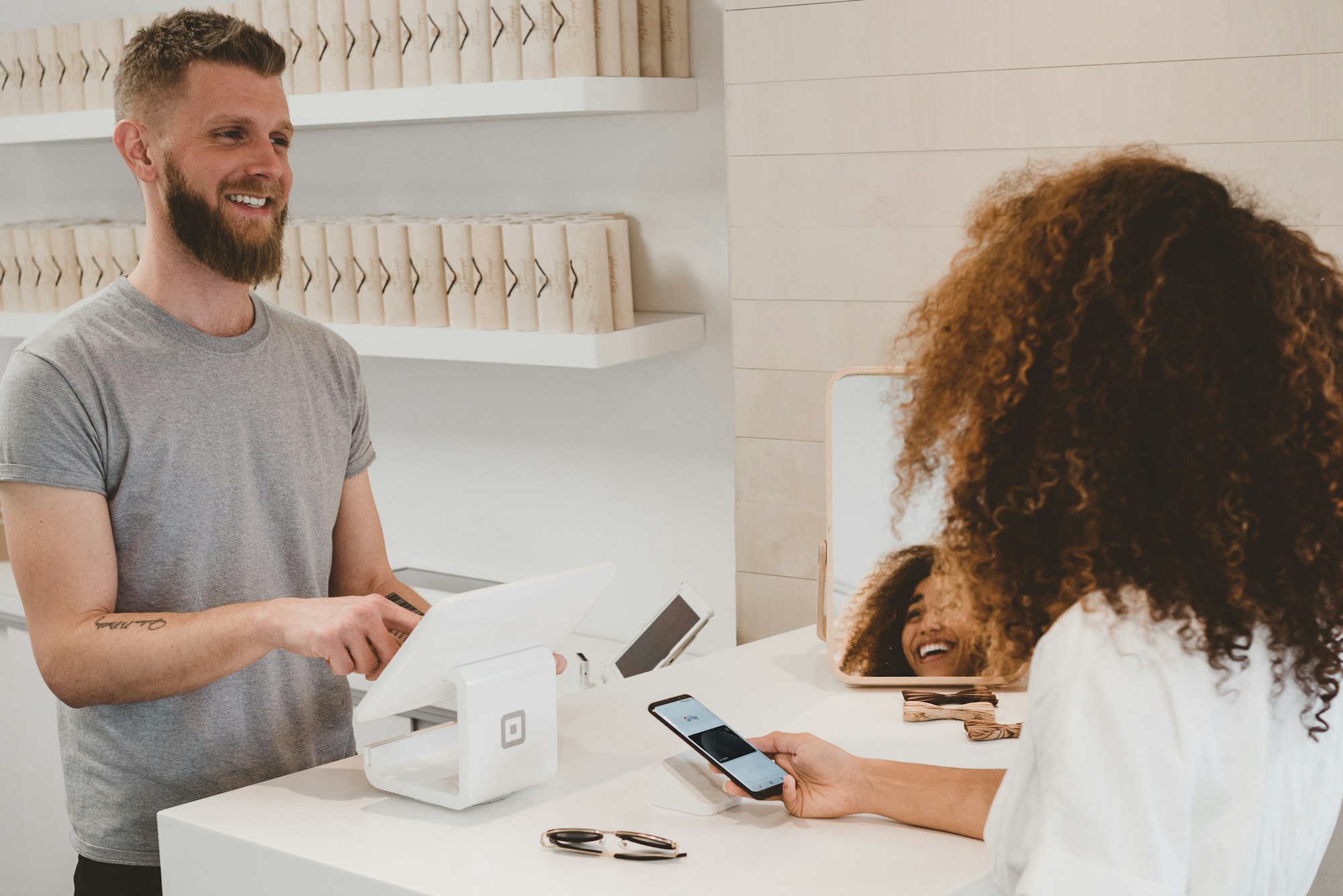
You shouldn't need to find workarounds.
Let's build the software so you won't have to.
8. Retail Customer Relationship Management
A retail business won't be able to thrive without a regular customer base. Which means that your customers can make or break your business. You need to keep them happy at all times.
Most Retail ERP systems come with integrated customer management functionality that is geared to the different facets of managing your customer interactions.
For example, when a customer contacts your support centre by email or phone or place an order, all those interactions are logged against their personal record. Which means you can track your relationship with that customer.
When that customer contacts your business again in future, your support staff can access their service history and determine the appropriate way to address the customer's concerns. This will instantly improve the level of customer support you provide.
Since the customer support functionality is integrated with the rest of your business, it becomes possible to give the customer a unified, personalised experience.
The system is also able to group customers according to predetermined criteria based on their order history and personal details. This makes it possible to create targeted marketing campaigns that are customised to serve the particular interest of each customer segment.
The end result is that you will have a much better picture of your customer base—which will allow you to improve your customer relationship strategy, lift customer retention rates, and boost customer satisfaction.
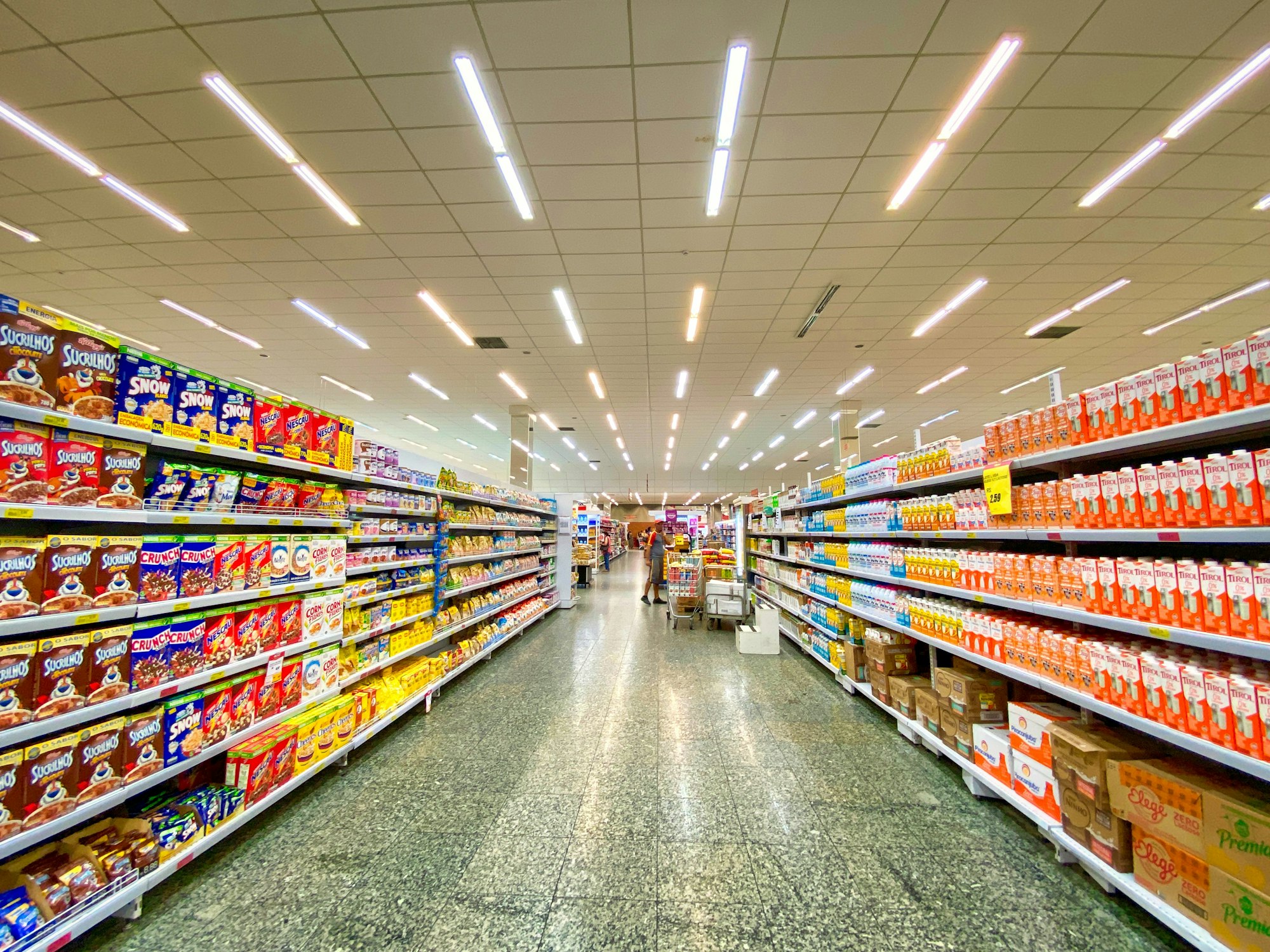
9. Combined retail and wholesale
Retail ERP software will allow you to combine retail and wholesale business operations under the same roof. So if you want to expand your business to serve both retail and wholesale customers, Retail ERP is the way to go.
The system will allow you to track the business of each customer or client, allowing you to offer different pricing and service strategies to wholesale or retail customers.
This will allow you to build long-lasting relationships with both your customers and your business partners.
10. Improved returns management
When you’re in retail, returns come with the territory. Which means that you need to have dedicated systems and processes in place to handle returns in the most cost- and time-efficient way possible.
Retail ERP software can be customised to perform various returns processes, depending on the type of return and other particular circumstances.
For example, some returned products can immediately be returned to the warehouse and returned to inventory to be resold. Other returned goods are faulty or were damaged in transit. These items should never be returned to inventory, but should be placed in quarantine ready to be returned to suppliers or written off.
The software is able to handle different kinds of return scenarios, ensuring flexible operations that can meet each customer's need in the most appropriate way.
For example, the system will determine whether to issue an immediate refund or give the customer credit on their account. In this way, refunds are always handled in the most appropriate manner for every circumstance. You don't want to give a customer a bad return experience and they decide to turn to a competitor in future.
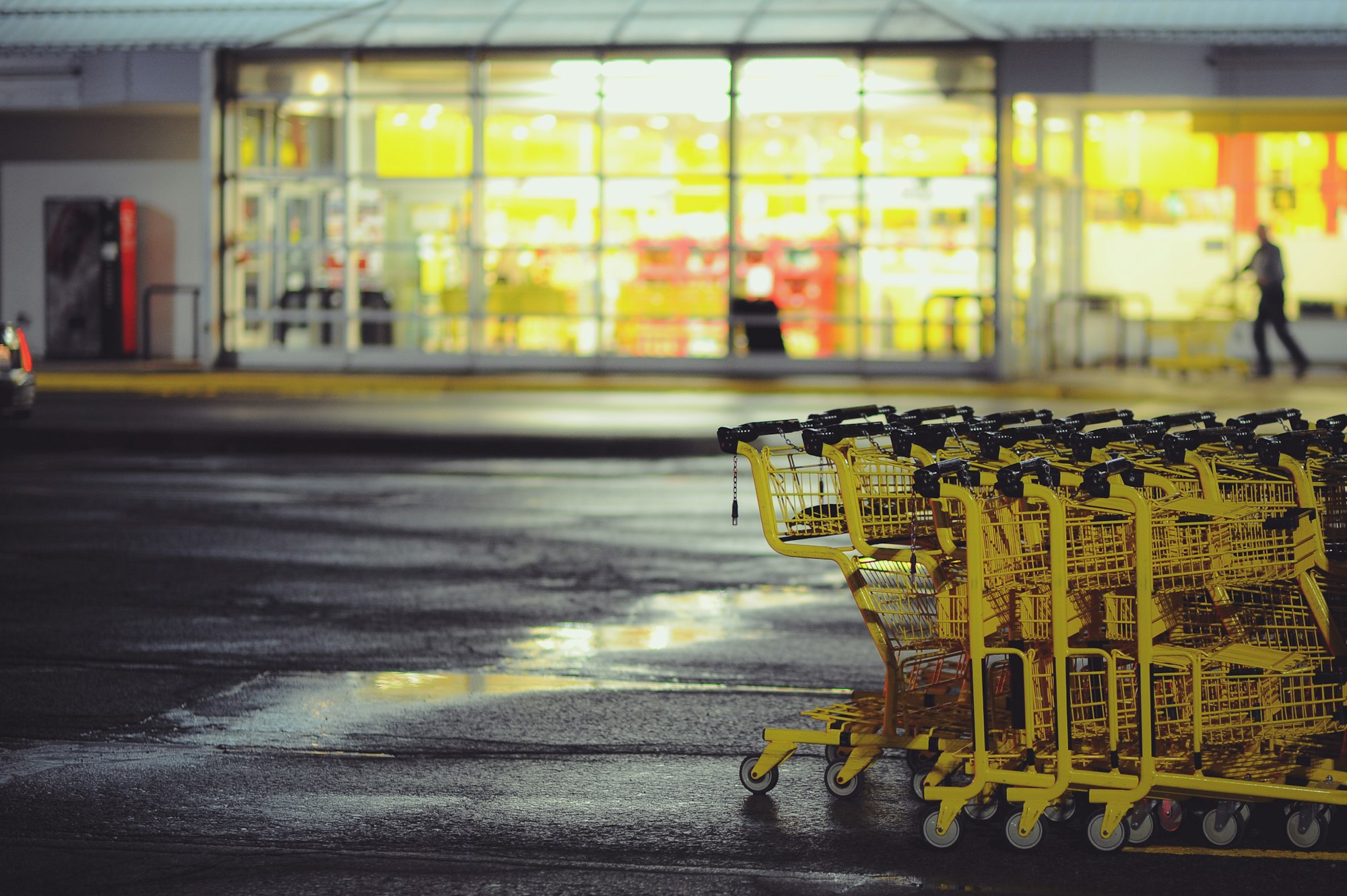
Conclusion
The global retail industry is growing at an incredible pace. But as the industry grows, so do the problems associated with properly managing retail operations.
This is where Retail ERP solutions come in. The software allows you to manage the resources of your retail business in an effective and easy way.
One of the main benefits of Retail ERP, is that it integrates the core functions of your business into a unified interface. The system then allows you to track, evaluate, and optimise these functions as a unit.
Retail ERP gives you a management solution that is simple to use, expeditious, and reliable. This is a recipe to raise your overall business efficiency, boost productivity, and improve your bottom line.